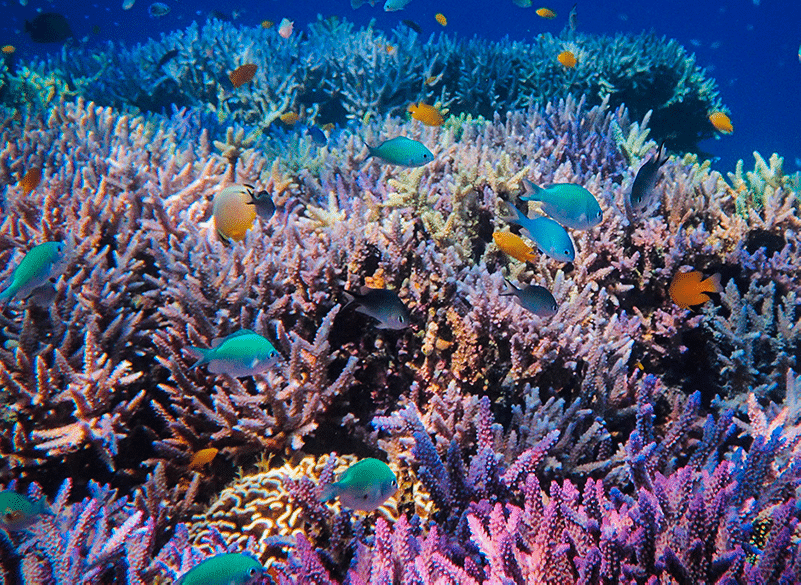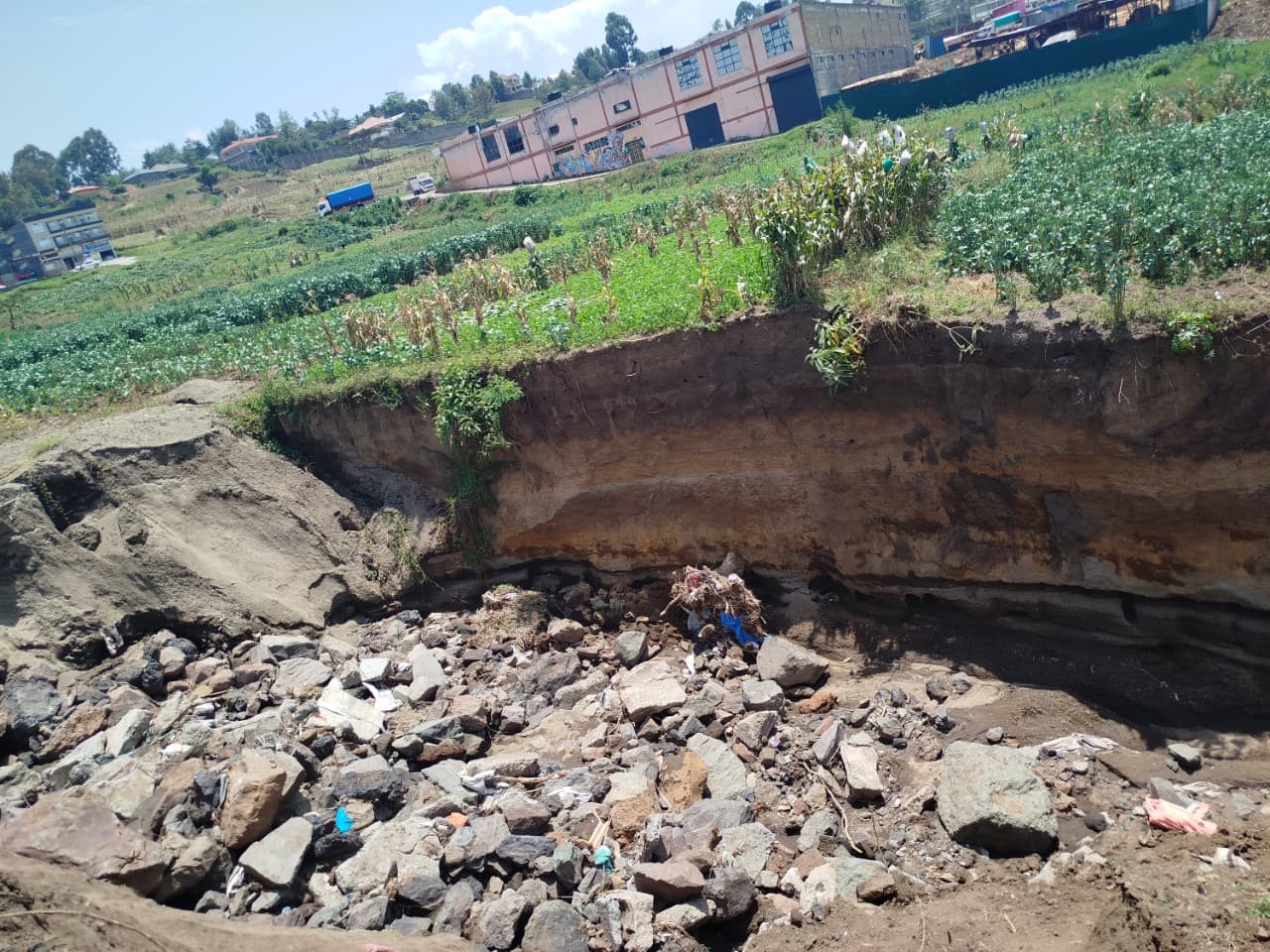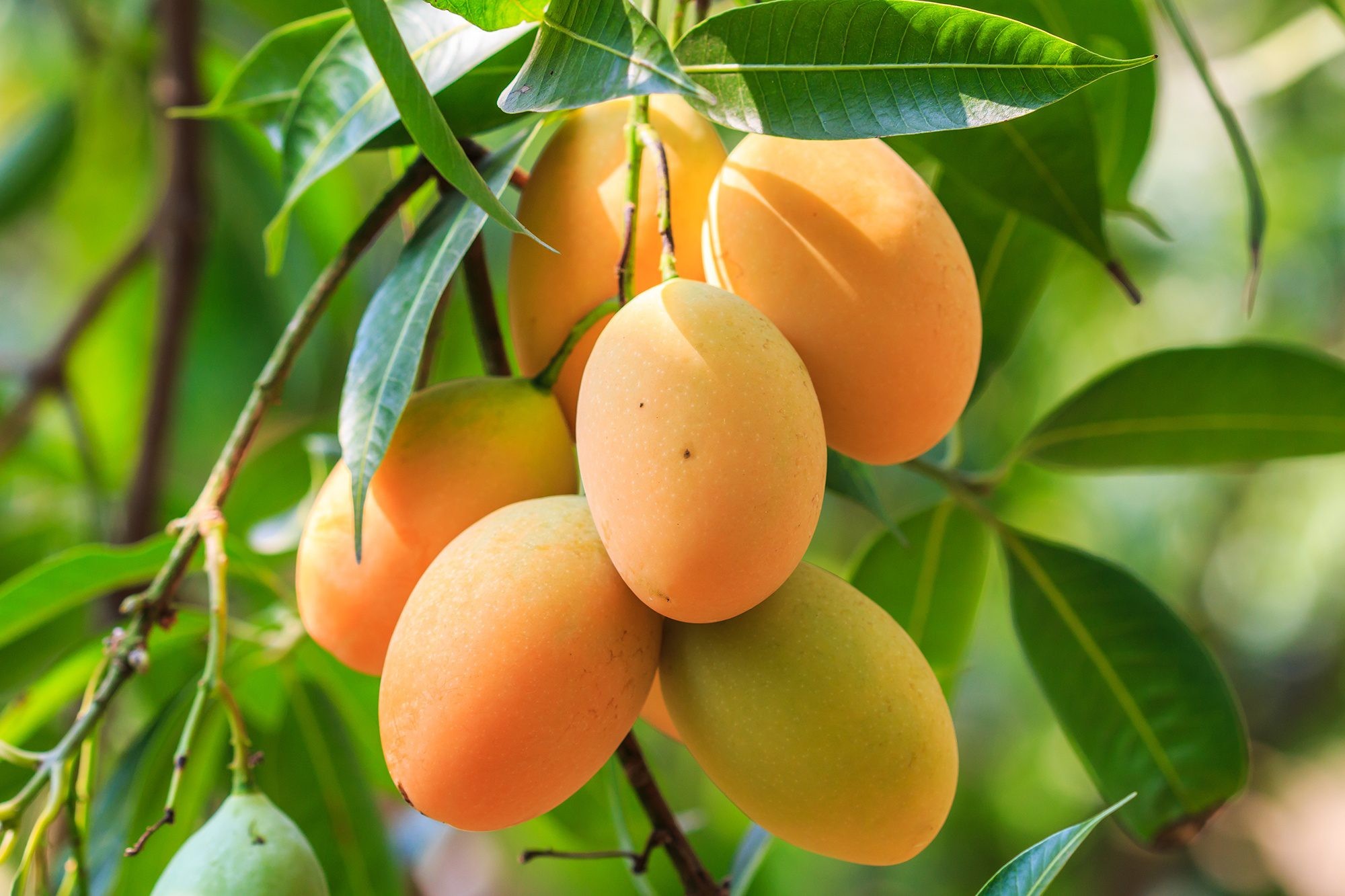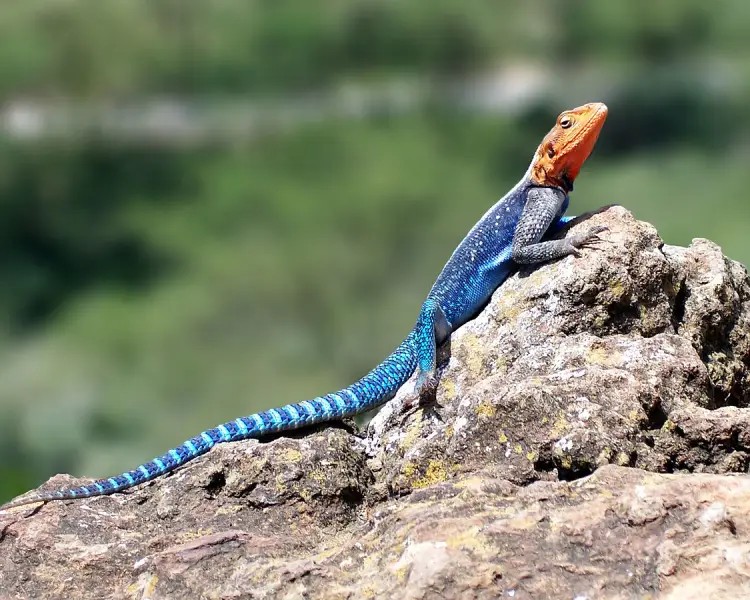- On greater impacts of corals on global warming is coral bleaching, they expel the algae that live inside their tissues and provide them with nutrients. They disrupt the entire ecosystem leading to the loss of species that depends on reef for food and shelter.
Coral reefs, are among the most biodiverse and essential ecosystems on the planet.
They play an important role in climate regulation and carbon cycling. They act as crucial carbon sinks, absorbing and storing carbon dioxide from the atmosphere as well building of calcium carbonate structures that contributes to the sequestration of carbon.
The coral polyps which are the tiny organisms which make up a reef extracts carbon dioxide from the surrounding water to build their calcium carbonate skeletons which locks away carbon dioxide in form of limestone.
As usual, a key aspect of the carbon cycle is the food web within marine ecosystem, coral reef species ranging from fish, sea turtles to invertebrates like shrimps play a pivotal role in this web which are part of marine carbon cycle.
By helping in regulation of this population, coral species will help in maintaining the balance of carbon and oxygen levels in the ocean as they help in ensuring the health of marine ecosystem is okay.
Read More
However, herbivorous fish species like parrotfish graze on algae which in turn helps to control algae growth and blooms that could limit the coral growth. Healthy coral reefs are better equipped to absorb carbon dioxide and support marine biodiversity, consume larger predators thus ensures balance in the food chain and promoting the overall health of the reef ecosystem.
On greater impacts of corals on global warming is coral bleaching, they expel the algae that live inside their tissues and provide them with nutrients. They disrupt the entire ecosystem leading to the loss of species that depends on reef for food and shelter.
The loss of biodiversity due to bleaching events further destabilises the reefs ability to regulate carbon cycles, this creates a vicious cycle which affects the climate change on coral reefs worsening the situation leading to greater climate instability.
Beyond the coral themselves, the plants associated to them like mangroves also contribute to carbon sequestration as they trap and store carbon in the sediments making them one of the most efficient carbon sinks.
Mangroves and other coastal ecosystem also store significant amount of carbon in the roots. The preservation of these habitats is vital as they prevent release of stored carbon into the atmosphere.





 1-1759911416.jpg)

